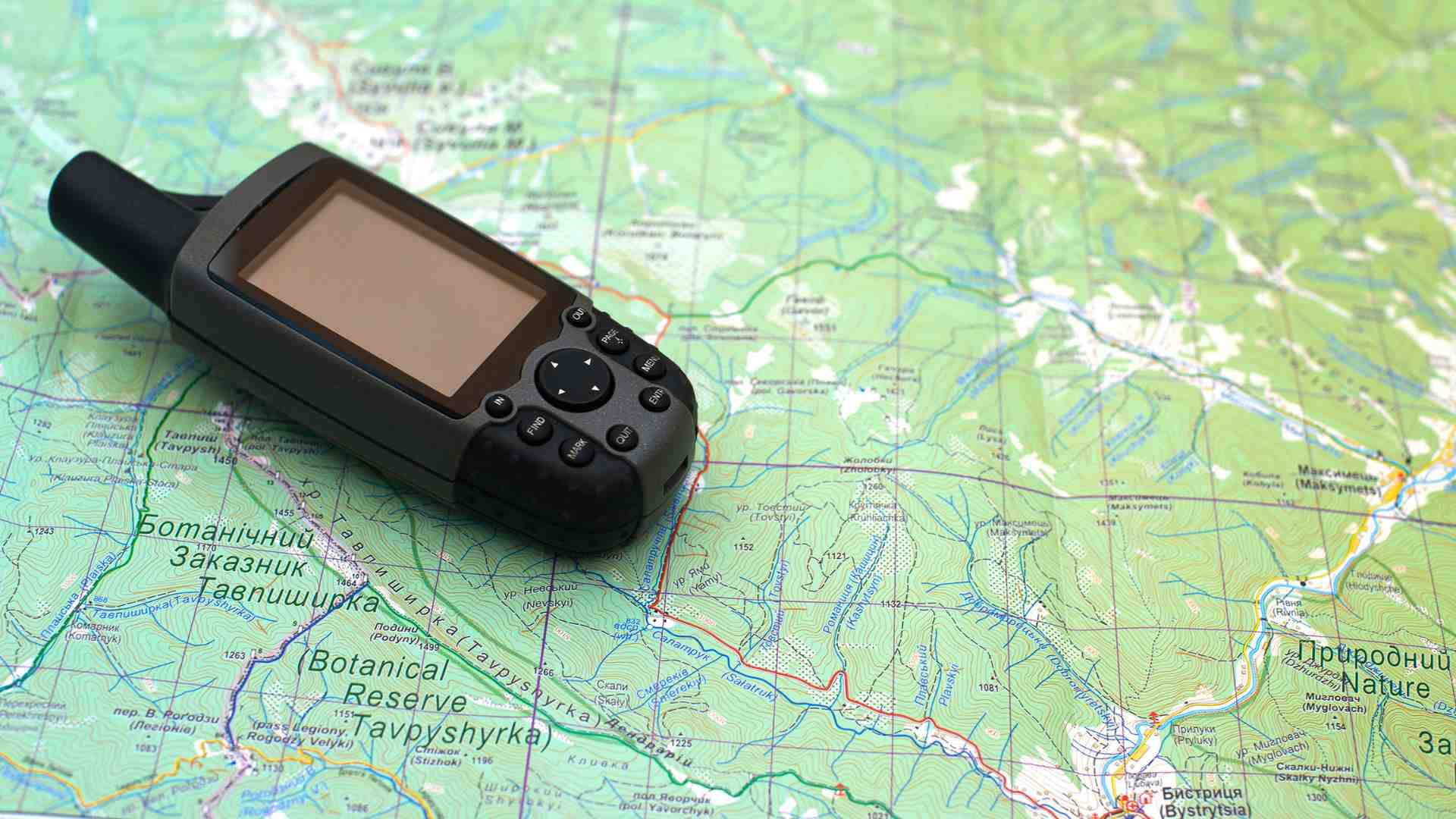4 Best Handheld GPS Boating: Navigate with Confidence
For boaters of all experience levels, a reliable handheld GPS device is an invaluable tool. It provides essential navigation features, aids in safety, and can enhance your overall boating experience. But with a variety of options available, choosing the right handheld GPS for your needs can be overwhelming. This guide will explore the key features to consider, introduce some of the top contenders, and help you pick the perfect GPS companion for your next aquatic adventure.
Essential Features for Boaters:
- Waterproof Rating: Marine environments are unforgiving. Look for a GPS with an IPX7 rating or higher, which signifies it can withstand being submerged for at least 30 minutes at a depth of 1 meter.
- Waypoint Marking and Navigation: The ability to mark waypoints (important locations) and create routes is crucial for planning and following a course.
- Large, Sunlight-Readable Display: Clear visibility in all lighting conditions, especially bright sunlight, is essential for safe navigation.
- Detailed Marine Charts: Preloaded or downloadable marine charts with features like buoys, depth contours, and hazards are vital for avoiding navigational dangers. Some models allow adding fishing charts or lake maps for specific purposes. (Prices typically range from $50 to $150 depending on coverage area).
- SOS Functionality (Optional): For added safety, consider a GPS with built-in SOS functionality that allows you to send distress signals in case of emergencies.
Top Contenders for Boaters:
Here’s a breakdown of some of the most popular handheld GPS devices for boating, catering to different needs and budgets (prices are approximate):
- Garmin GPSMAP 66st (Around $600): This feature-packed option boasts a rugged design, excellent battery life, a high-sensitivity GPS receiver, and a bright, sunlight-readable display. It comes preloaded with a worldwide basemap and allows you to add detailed marine charts. Additionally, it offers built-in barometric altimeter, compass, and supports various satellite constellations for improved accuracy.
- Garmin GPSMAP 78sc (Around $400): This user-friendly GPS features a bright color display, a high-sensitivity GPS receiver, and preloaded coastal charts. It allows waypoint marking, route creation, and integrates tide tables and currents data. While not offering the same level of ruggedness as the 66st, it’s a solid choice for recreational boaters seeking a user-friendly and affordable option.
- Garmin eTrex 32x (Around $250): This budget-friendly option is a great choice for basic navigation needs. It features a waterproof design, a durable build, and a basic basemap. While it doesn’t come with preloaded marine charts, it allows you to upload them for your specific boating area. It’s perfect for smaller boats or as a backup device.
- Bushnell BackTrack Mini GPS (Around $100): This minimalist option is a great choice for kayakers or paddleboarders venturing on short trips. It boasts a compact, waterproof design, long battery life, and basic waypoint marking capabilities. While it lacks features like marine charts and a detailed display, it provides a simple and affordable solution for basic navigation.
Beyond the Basics: Additional Considerations
- Battery Life: Consider how long you typically spend on boating trips and choose a GPS with a battery life that meets your needs. Most GPS devices offer extended battery life (up to 16 hours or more), but exact figures can vary depending on usage.
- Size and Weight: Portability is important, especially for smaller boats. Choose a GPS that is compact and lightweight for easy handling.
- Connectivity: Some high-end models offer Bluetooth connectivity, allowing you to connect to your smartphone for additional features like weather updates or syncing waypoints.
Making the Perfect Choice
The best handheld GPS for boating ultimately depends on your individual needs and budget. Consider the features you find most important, the type of boating you do, and the size of your boat. By following these guidelines and exploring the options mentioned above, you’ll be well on your way to choosing the perfect GPS companion for your next nautical adventure.
Remember: No matter how sophisticated your GPS is, it’s crucial to always consult nautical charts, be aware of weather conditions, and practice safe boating habits. Happy sailing!
Happy Boating!
Share 4 Best Handheld GPS Boating: Navigate with Confidence with your friends and leave a comment below with your thoughts.
Read The Ultimate Guide to Best Boat Grills: Sail for Sizzle until we meet in the next article.






